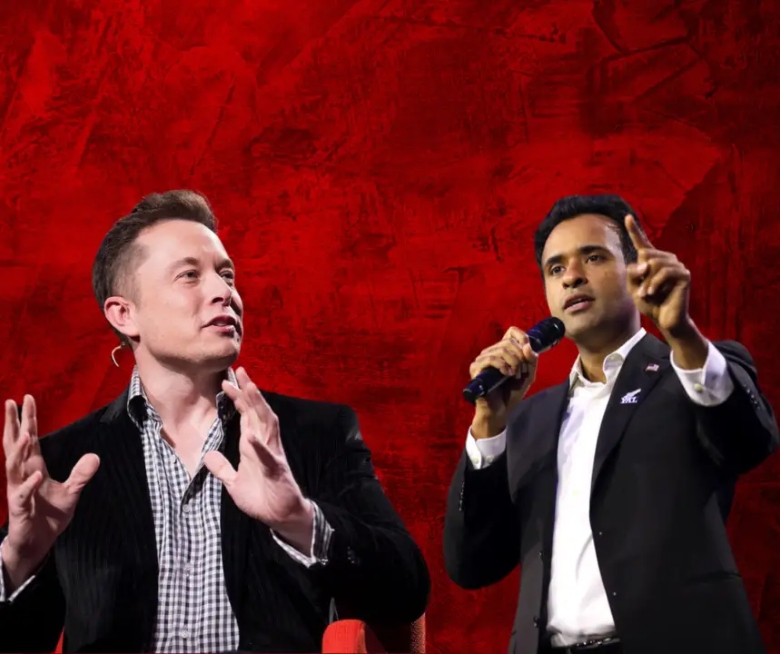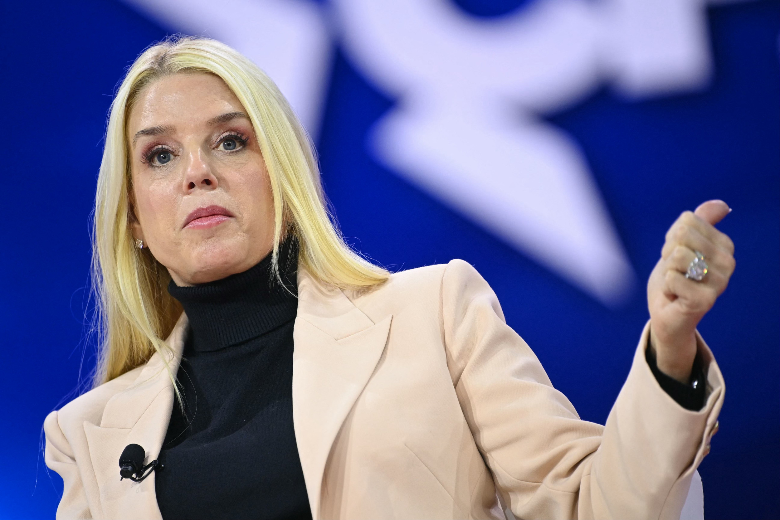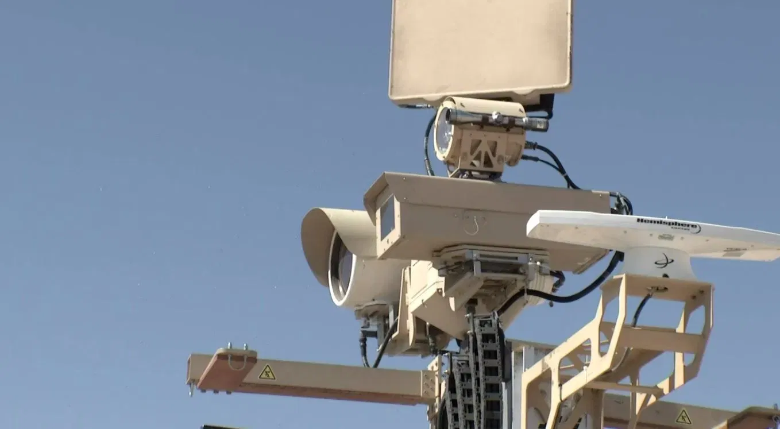Vice President Kamala Harris recently made headlines with her appearance at the BET Awards, where she made a series of provocative comments.
Her statements, including “I’m out here in these streets” and “These extremists, they not like us,” have sparked widespread criticism and debate.

In her speech, Harris aimed to connect with the predominantly African American audience by emphasizing her commitment to addressing issues that disproportionately affect their communities. She declared, “Yeah, girl, I’m out in these streets,” attempting to project a relatable image.
So much cringe:
Kamala Harris: “I’m out here in these streets… The majority of us believe in freedom and equality, but these extremists, as they say, they not like us.” pic.twitter.com/AaP5zqgU3F
— Steve Guest (@SteveGuest) July 1, 2024
This remark, however, was met with mixed reactions, particularly from conservative commentators who viewed it as an ill-advised attempt at populism.
Critics argue that Harris’s comments were not only out of touch but also divisive. They assert that her use of informal language undermines the dignity of her office and reflects poorly on the administration’s approach to serious issues. The phrase “These extremists, they not like us” was seen as particularly problematic, as it could be interpreted as fostering division rather than promoting unity.
Harris’s remarks come at a time when the nation is deeply polarized, and the Vice President’s words have only added fuel to the fire.
Conservative voices, in particular, have been vocal in their condemnation. They argue that such rhetoric is indicative of a broader strategy by the current administration to marginalize and stigmatize those with differing political views. This approach, they claim, is counterproductive and exacerbates the existing political and social divide.
No one has ever doubted that Kamala is a woman of the streets
— Kingsley Wilson (@KingsleyCortes) July 1, 2024
"they not like us"
Ladies and gentlemen, the vice president and her family.
They're not like actual black people. pic.twitter.com/TcQpZBnM0s— Based Opinions (@Based_Opinion_) July 1, 2024
The Gateway Pundit was quick to criticize Harris’s comments, describing her attempts at connecting with the audience as “cringe-worthy” and “pandering.” The article highlighted the disconnect between Harris’s words and her privileged background, suggesting that her efforts to appear relatable were disingenuous . Such criticism resonates with a conservative perspective that values authenticity and views such pandering as a sign of insincerity.
RealClearPolitics also covered the event, noting the Vice President’s emphasis on combating extremism. Harris stated, “We are living, I do believe, in an unsettled world,” .
However, her choice of words, “These extremists, they not like us,” has been scrutinized for its potential to alienate rather than unite . The conservative critique here focuses on the need for leadership that bridges divides rather than deepens them.
Moreover, Harris’s comments come at a time when the administration faces criticism for its handling of various domestic issues, including crime and economic inequality. By framing the discussion in terms of “us” versus “them,” Harris risks reinforcing a narrative that is seen by many as divisive and counterproductive.
Critics argue that such language is not only unhelpful but also indicative of a broader strategy that seeks to vilify political opponents rather than engage in constructive dialogue.
The broader implications of Harris’s remarks cannot be ignored. In a political landscape characterized by deep divisions, the role of the Vice President should be to promote unity and understanding.
Instead, her comments at the BET Awards have been interpreted by many as a failure to rise above partisan rhetoric. This perspective is particularly strong among conservative commentators who view Harris’s approach as symptomatic of a broader trend within the administration.
As the nation navigates these challenging times, the need for leadership that transcends partisan divides is more critical than ever. Harris’s remarks, however well-intentioned, have underscored the difficulties of achieving such unity. The conservative critique emphasizes the importance of authenticity and the dangers of rhetoric that alienates rather than unites.
From a conservative perspective, Harris’s remarks reflect a broader issue within the current administration’s approach to political discourse. The emphasis on divisive rhetoric is seen as a barrier to the unity and understanding that the nation so desperately needs
In conclusion, Vice President Kamala Harris’s speech at the BET Awards has sparked significant controversy and highlighted the deep divisions within American society. Her comments, while aimed at connecting with her audience, have been criticized for their informal tone and divisive nature.


